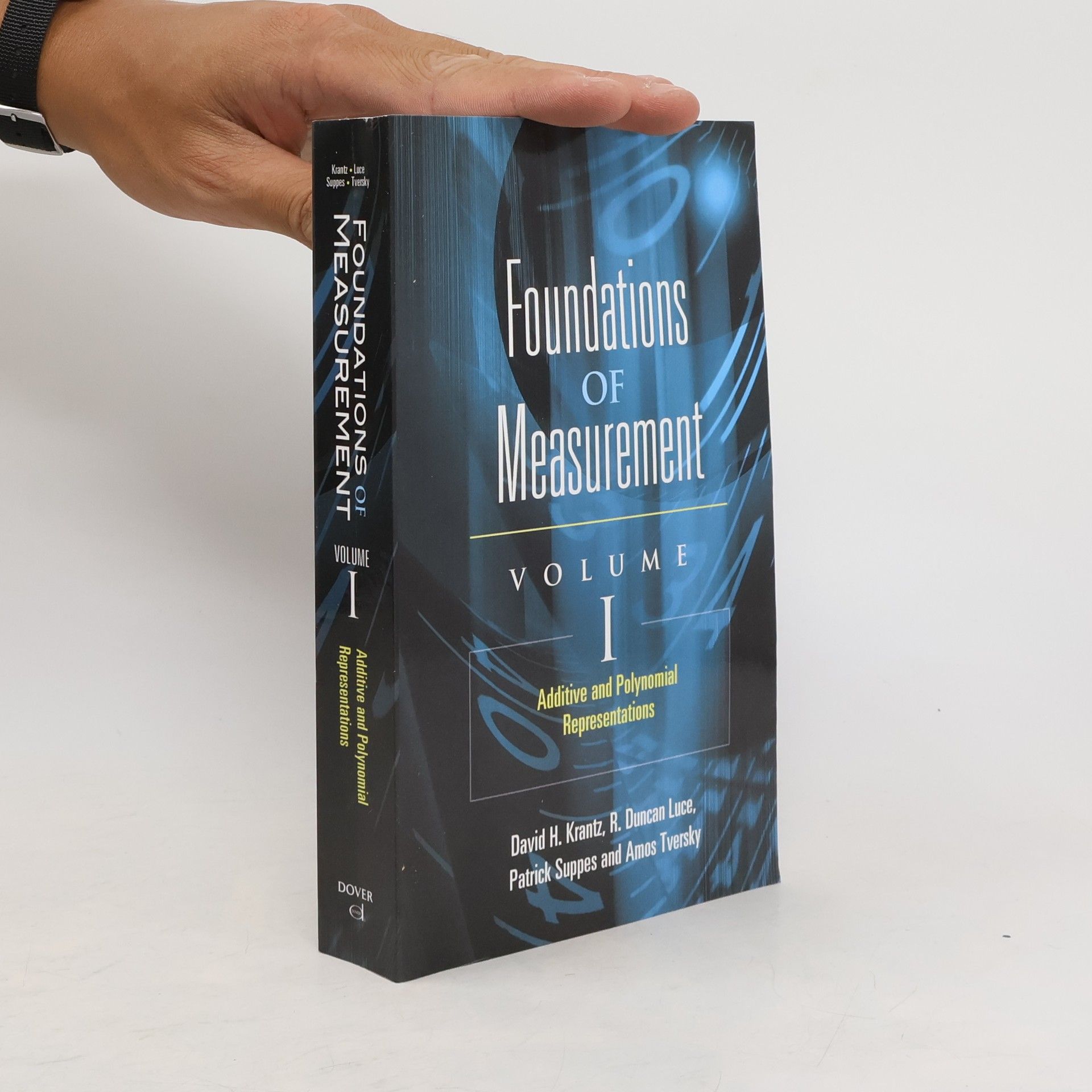A compilation of different approaches--normative, descriptive,and prescriptive--develops this integrated analysis of decision-making that emphasizes the contributions of various disciplinary interests.
Amos Tversky Livres
Amos Tversky était un psychologue cognitif et mathématicien dont le travail a profondément façonné notre compréhension de la prise de décision humaine. Il a joué un rôle déterminant dans la découverte de biais cognitifs systématiques et a révélé comment les individus perçoivent et gèrent le risque. Ses premières recherches se sont concentrées sur les fondements de la mesure, aboutissant à un important traité en plusieurs volumes. En collaboration avec Daniel Kahneman, Tversky a exploré la psychologie de la prédiction et du jugement de probabilité, développant la théorie des perspectives, une contribution essentielle à l'économie comportementale qui explique les choix économiques irrationnels.




Choices, Values, and Frames
- 860pages
- 31 heures de lecture
Choices, Values, and Frames presents an empirical and theoretical challenge to classical utility theory, offering prospect theory as an alternative framework. Extensions and applications to diverse economic phenomena and to studies of consumer behavior are discussed. The book also elaborates on framing effects and other demonstrations that preferences are constructed in context, and it develops new approaches to the standard view of choice-based utility. As with the classic 1982 volume, Judgment Under Uncertainty, this volume is comprised of papers published in diverse academic journals. The editors have written several new chapters and a preface to provide a context for the work.
Foundations of Measurement Volume II
Geometrical, Threshold, and Probabilistic Representations
- 512pages
- 18 heures de lecture
A classic series in the field of quantitative measurement, Volume I introduces the distinct mathematical results that serve to formulate numerical representations of qualitative structures. Volume II extends the subject in the direction of geometrical, threshold, and probabilistic representations, and Volume III examines representation as expressed in axiomatization and invariance. 1989 edition.
First volume in the three books Foundations of Measurement series.Table of contents:Preface1. Introduction2. Construction of numerical functions3. Extensive measurement4. Difference measurement5. Probability representations6. Additive conjoint measurement7. Polynomial conjoint measurement8. Conditional expected utility9. Measurement inequalities10. Dimensional analysis and numerical lawsAnswers and hints to selected exercisesReferences